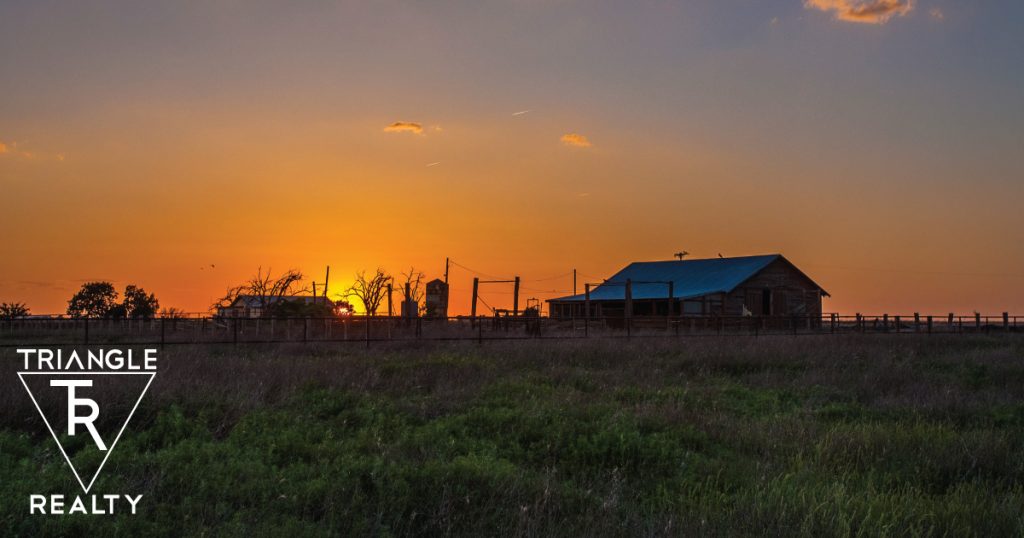Real estate investments, whether you’re purchasing a home in town or a piece of land in the country, are both exciting and nerve-wracking at the same time. For first-time land buyers, the whole process can seem overwhelming. While there are differences between purchasing a home and purchasing land, there are also a number of similarities. No need to worry, your dream is just around the corner!
Choose Lender
When you find that perfect home you want to spend forever in, it is common practice to seek financing from a commercial bank. When it comes to financing land, many first-time buyers do not know where to go. Commercial banks do not regularly finance land purchases, and therefore, your local Farm Credit lender is a great place to start.
Acquire Approval
Once a lender has been chosen, a meeting with a loan officer will need to be arranged. It is important for your lender to understand your needs and your goals. This first meeting, similar to the home loan process, is where proof of income will need to be provided and a balance sheet will need to be filled out. Credit, in acquiring both a home loan and a land loan, is a large factor in the approval process. Credit can determine what interest rate you receive, as well as the loan product options. Loan product is another way that a home loan will differ from a land loan. Home loans are commonly put on a 30-year term, with an interest rate fixed between 5 years to 30 years. Land loans are generally a 20 year to 25-year term, but this is absolutely a discussion point as you negotiate your loan. Part of that discussion will need to cover down payment requirements. A home mortgage lender will typically require a 5% to 10% down payment. When purchasing land, the borrower needs to be prepared to put down a 20% to 25%.

Appraisal and Title Insurance
Once the borrower has been approved, the lender will require an appraisal and a title insurance. The appraisal is verification that the property, whether home or land, is worth at least the amount the borrower wants to borrow. Title insurance is a policy purchased that protects the owners and lenders against loss or damage occurring from liens, encumbrances, defects in the title or ownership of the property.
Once the appraisal and title search is complete, you are able to meet with your loan officer and determine the loan product that best fits your needs. Many commercial banks offer a wide variety of products for home mortgages. It is best that you talk to your commercial bank about the different products they offer for home mortgages. Local Farm Credit lenders offer a variety of interest rates and a handful of products to choose from. Unlike a commercial bank, Farm Credit lenders keep all loans in-house and do not sell to the secondary market like many home mortgage lenders.
Before closing can occur, home mortgage lenders typically require insurance on your home. Many commercial banks will include your home insurance in your monthly payment. Land is not required to be insured. After everything is in place, we can close your purchase and your dream will become a reality.
One significant difference between a Farm Credit and many commercial banks is the borrower owned structure of the farm credit system, also known as a cooperative. When closing a loan with Farm Credit, you are purchasing stock in their lending cooperatives. With this stock, you earn a patronage. Essentially, a patronage is a refund of a portion of the interest the borrower pays on the loan, which effectively reduces its customers’ cost of borrowing.
Enjoy Owning Your Dream
All in all, while they might be two different processes, they will both accomplish the same thing – making memories and owning your dream property.
